HAVANA/BOGOTA (Reuters) – Cuba has sidestepped the Colombian government’s request for it to extradite 10 Marxist rebel commanders on the island for peace talks after Bogota blamed their National Liberation Army (ELN) for a car bomb on Thursday that killed 21 people.
FILE PHOTO: People take part in a candlelight vigil for victims, near the scene of a car bomb explosion, in Bogota, Colombia January 18, 2019. REUTERS/Luisa Gonzalez/File Photo
Cuba’s foreign minister said in a tweet late on Friday the country would respect the protocols of the negotiations it had been hosting and was consulting with both parties and the guarantors of the talks.
The protocols provide minimum security guarantees for guerrilla leaders to return to mountainous or jungle areas of Colombia with the help of the International Committee of the Red Cross, providing security from military attack for an agreed period.
Colombian President Ivan Duque said on Saturday that its extradition request did not come within the context of the abortive peace talks in Havana, but rather in response to a “criminal act that violates human rights.”
“No act of this nature merits any kind of protocol that would avoid justice being done, for that reason we call upon this government to hand over these criminals in order for justice to be done,” the right-wing leader in a televised address.
Colombians, including Duque, planned to join in a march on Sunday to protest against the car bombing.
The ELN, which was formed by radical Catholic priests in 1964, has not claimed responsibility or issued a public statement on Thursday’s car bombing that was the worst in Colombia in almost 16 years.
It did not respond to a Reuters request for comment.
In the attack, a car broke through checkpoints onto the grounds of the General Santander School in the Colombian capital Bogota before detonating, killing at least 20 police cadets as well as the driver, whom the government has identified as ELN explosives expert Jose Aldemar Rojas.
In November, Colombia had asked Cuba to capture ELN rebel commander Nicolas Rodriguez and provide information about the presence of other ELN commanders in Cuban territory.
It had also asked Havana to act on an Interpol Red Notice on Rodriguez. The Cuban government did not respond publicly to that request, nor to multiple Reuters requests for comment.
Peace talks with the ELN began in February 2017 under former President Juan Manuel Santos, but Duque has put them on hold until the rebels free all their hostages and stop attacks on military and civilian targets.
Cuba had previously hosted talks between the Colombian government and the Revolutionary Armed Forces of Colombia, which resulted in a peace agreement in 2016.
Reporting by Sarah Marsh in Havana and Helen Murphy in Bogota; Additional Reporting by Luis Jaime Acosta and Nelson Bocanegra in Bogota; Editing by Tom Brown

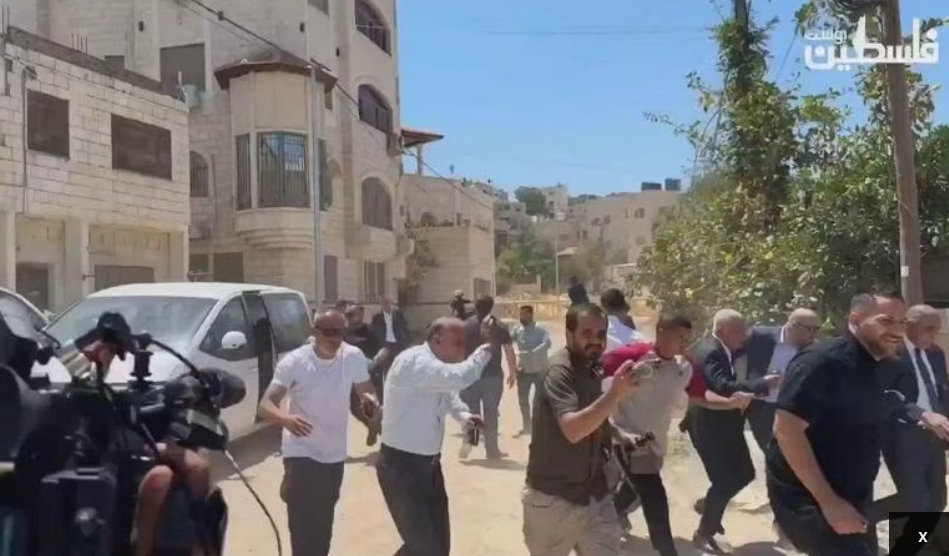
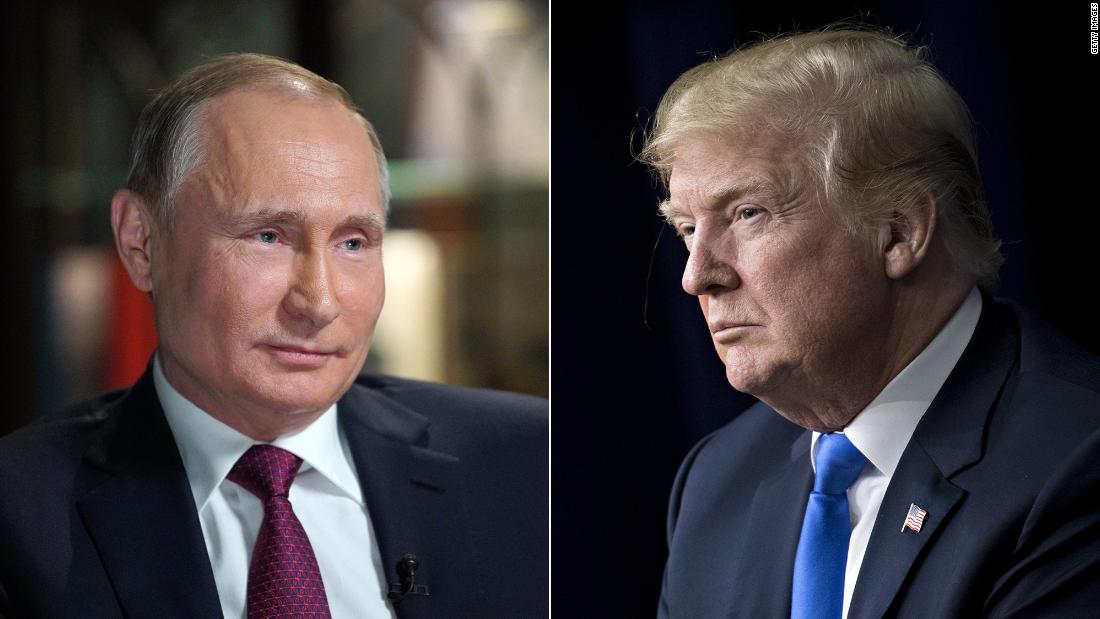
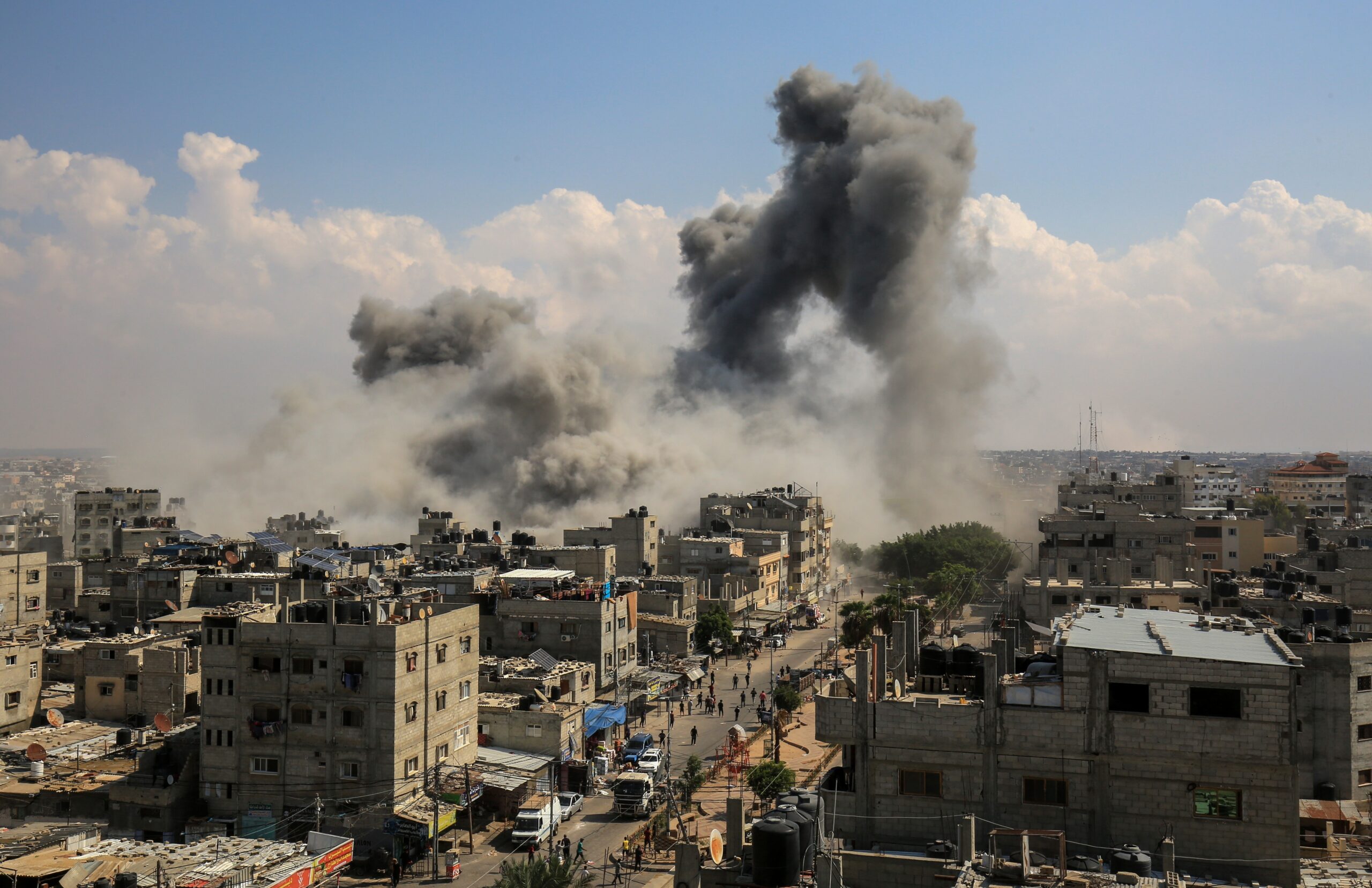
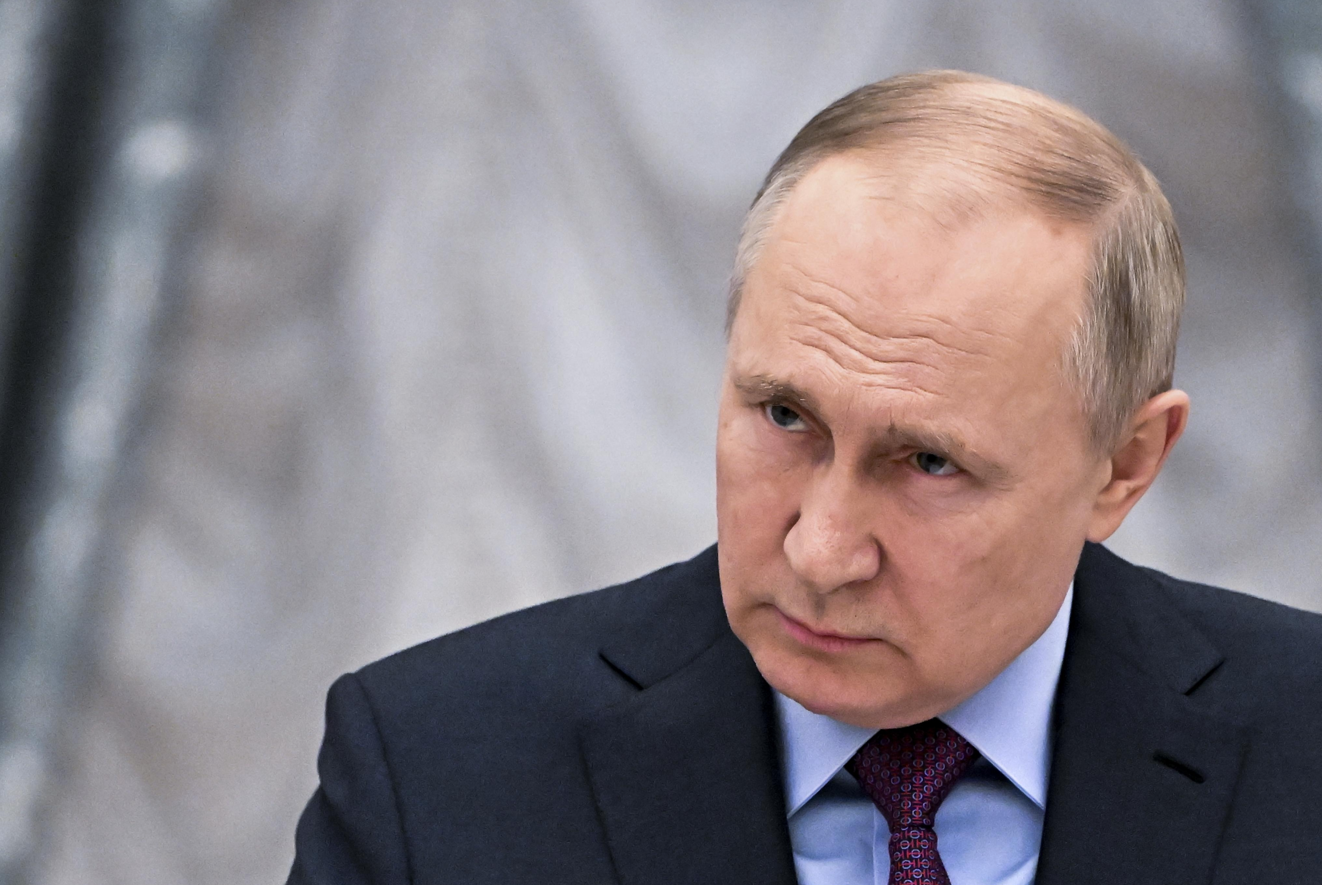
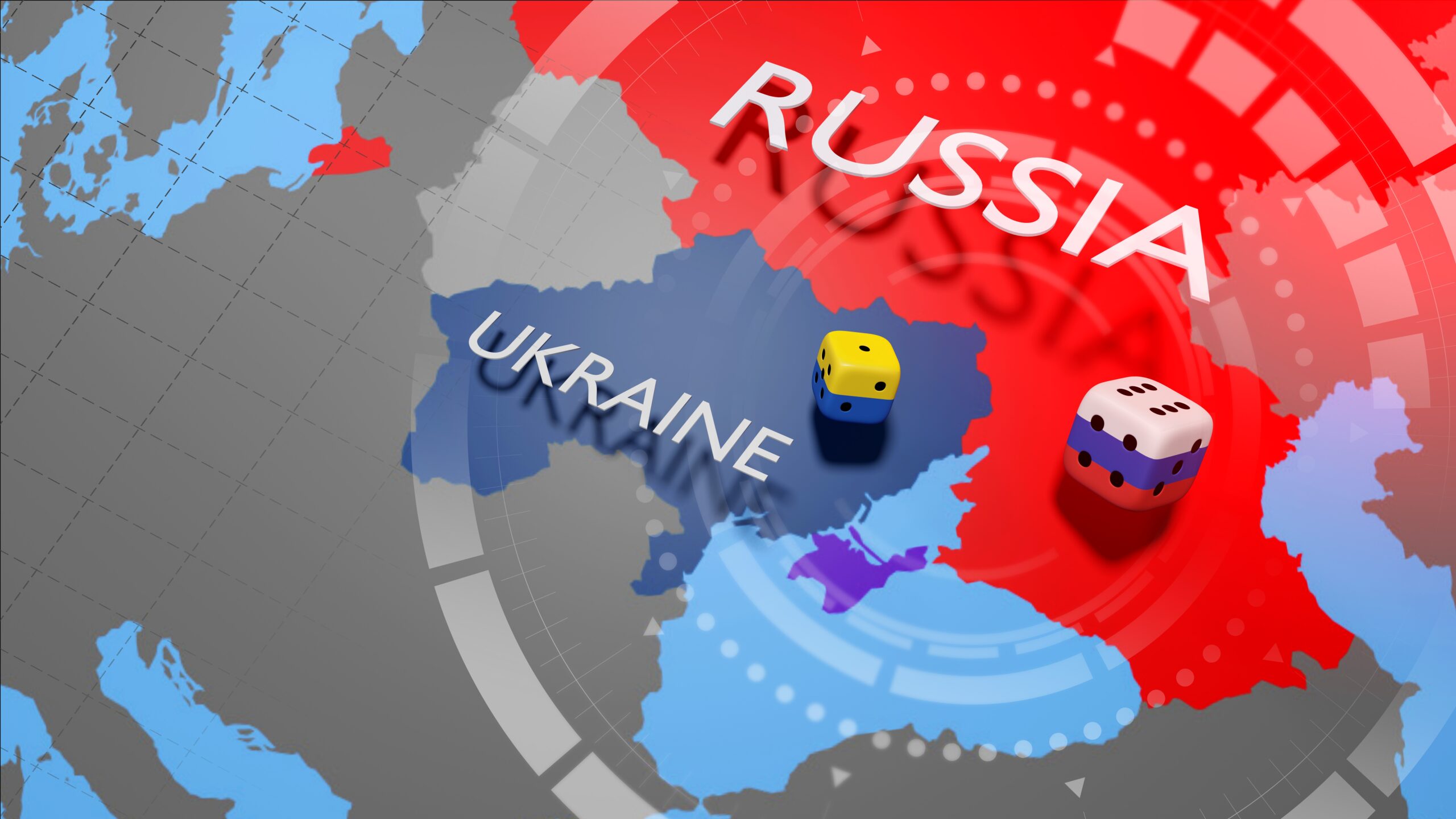
Leave a Reply